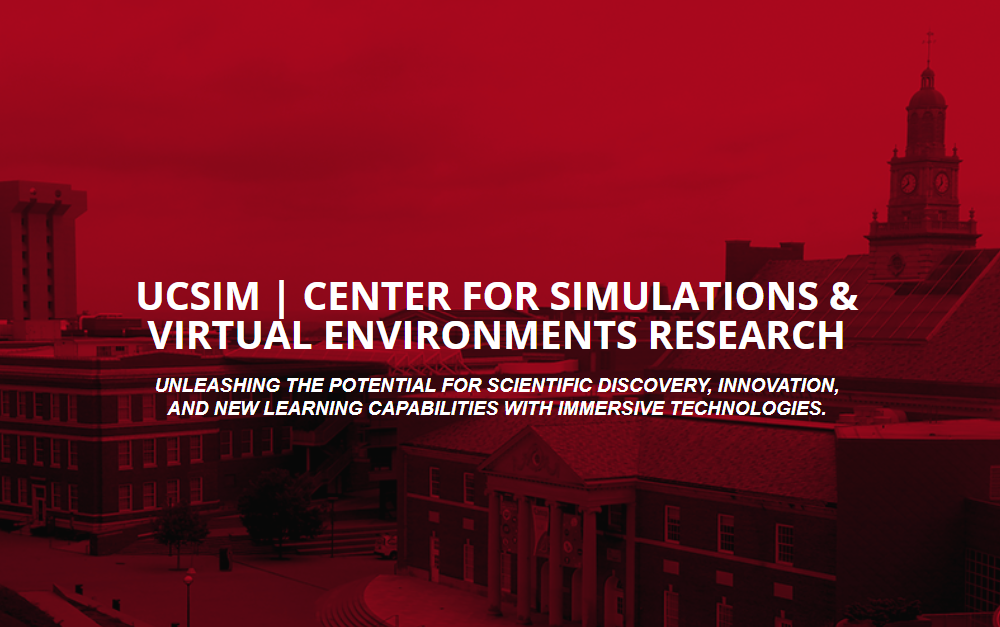
During college, I did full- and part-time work at The University of Cincinnati's Center for
Simulations and Virtual Environments Research.
At UCSIM, I worked on several AR/VR projects in the Unity game engine. The purposes of these projects varied, including
immersive storytelling, research projects, and medical simulations.
UCSIM has a small development team, which meant I had the opportunity to work with many different elements of the
development pipeline. During my time there I was responsible for gameplay programming, level design, environment
design, event sequencing, performance optimization, and more. I can't show all of the projects I worked on, but I've selected a few of them here.
Hope After Hate
Immersive VR Storytelling
Hope After Hate is a VR narrative experience which tells the story of holocaust survivor Moniek Lipszyc.
Players explore various locations from Moniek's story, and can view what those locations look like in the
present by interacting with 360° video globes placed around the scenes.
My work on this project consisted mainly of sequencing dialogue, animation, and events, as well as quality
assurance and fixing bugs. Later on I was also tasked with refining the design of one of the levels to be more
condensed, as well as implementing more environmental detail.

CAP Research Framework
Experiment Development Tools
This was not a standalone playable experience but rather a set of tools we developed for the Cognition Action
Perception Center at UC to make it easier for researchers to develop multiplayer VR experiments. These experiments
involved situations where test subjects would have to cooperate on a task that they had asynchronous information
about (for example, objects being visible for one person and not another).
The toolset included several "behaviors" which could be applied to objects in the unity editor. I was responsible
for developing several of these, including a behavior where objects would be differently colored for different
participants, one where different amounts of lens distortion could be applied, and one where controller haptics
could be triggered differently.

Great American Insurance Group Project
NDA Work
I can't share much about this project other than that my responsibilities included development of key VR gameplay mechanics, and level/environment design.
Medicaid Care Experience Simulation
Patient Care Simulation
MCARES is a set of three simulations designed to help healthcare providers empathize with patients. Each
simulation followed a character in need of specialized care and explored the difficulties they had in
getting it.
My work on this project consisted mainly of sequencing animations, audio, and interactions, as well as bug
fixing.
The project was intended for a more general audience, so was developed for WebGL with mouse-based point-and-click
controls.